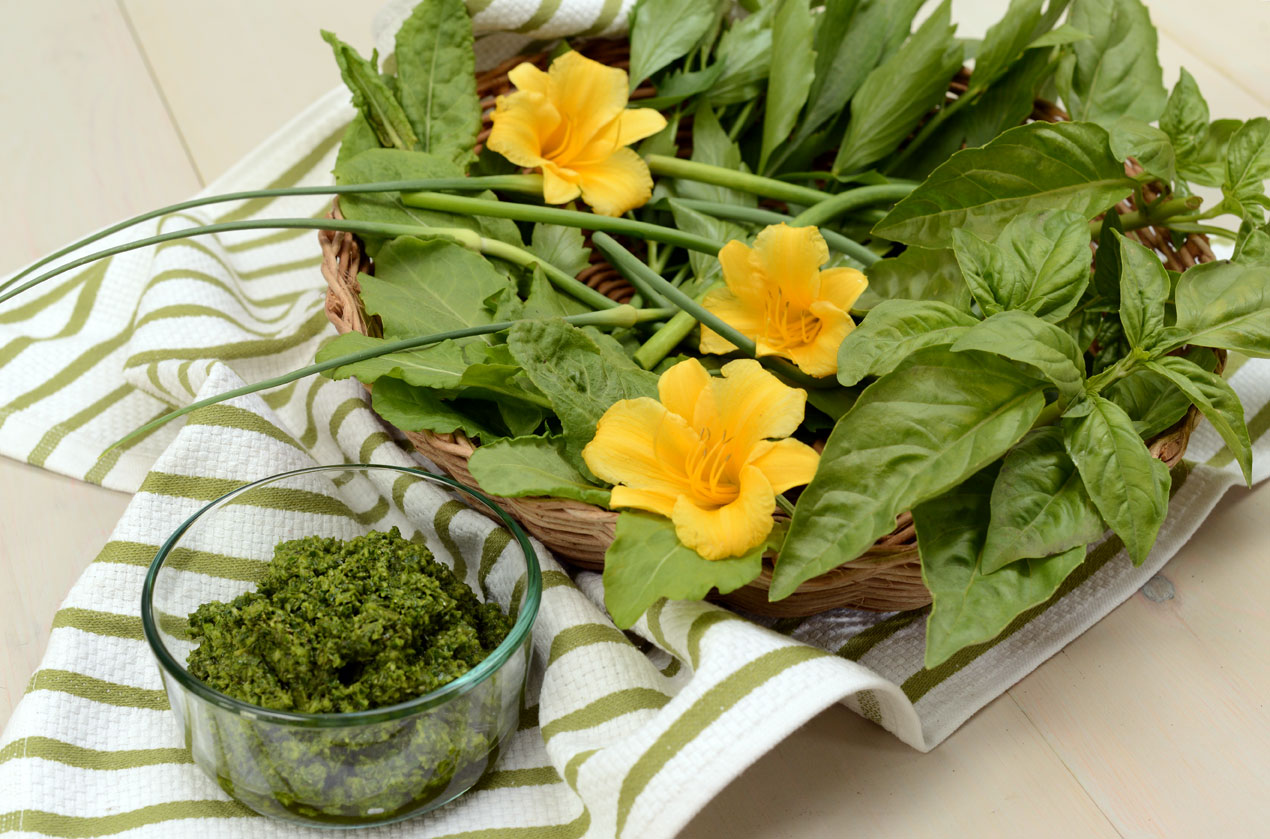The Fruits of the Earth...Or Are They Vegetables?
A vegetable is a vegetable is a vegetable. Unless, of course, it’s a fruit! What determines whether a plant is a fruit or a vegetable? When this subject came up at a recent Spiral House lunch, half of those around the table immediately reached for their cell phones.
The discussion had begun with someone questioning what an avocado is. We learned that some fruits and vegetables can be defined differently depending on whether you are a chef or a gardener.
For botanical purposes, a fruit is the ripened ovary of a seed plant, most often one that flowers. A vegetable is an edible plant, or the edible part of a plant that does not figure in a plant’s reproductive cycle. Most fruits and vegetables are easy to distinguish; but, like the avocado, tomatoes and olives, that’s not always the case because many fruits are savory rather than sweet.
Along with tomatoes and avocados, we are often quick to label squashes and pumpkins, sweet potatoes and yams, cucumbers, bell peppers, and peas as vegetables because they are eaten as part of the entrée. In fact, they are fruits, as are apples, eggplants and corn kernels. Roots like beets, potatoes and turnips; leaves such as spinach, kale and lettuce; and stems like celery are vegetables.
Most fruits are sweet with bitter seeds because of the simple sugar called fructose that fruits contain. Vegetables tend to be less sweet because they contain less fructose. In nature, animals will eat the flesh of a fruit because of its sweetness, spitting out the bitter seeds and thereby allowing the plants to reproduce.
In 1893 the fruit-versus-vegetable issue even went before the U.S. Supreme Court in Nix. V. Hedden, in which the court unanimously ruled that an imported tomato should be taxed as a (higher taxed) vegetable rather than as a (lesser taxed) fruit. The High Court chose to follow the common, culinary definitions of fruit and vegetable, reasoning that even though a tomato is a botanical fruit, it still deserved the higher tax because it is commonly considered to be a vegetable.
Luckily, most of us can enjoy our fruits and vegetables without a science degree because of the way they are grouped in the kitchen. And on that note, if you have gotten this far, it seems the least we can do is to offer you some of Chef Diane’s decidedly uncommon and mouthwatering pesto recipes. Check it out in the Sauces & Misc. section of our Recipes.
